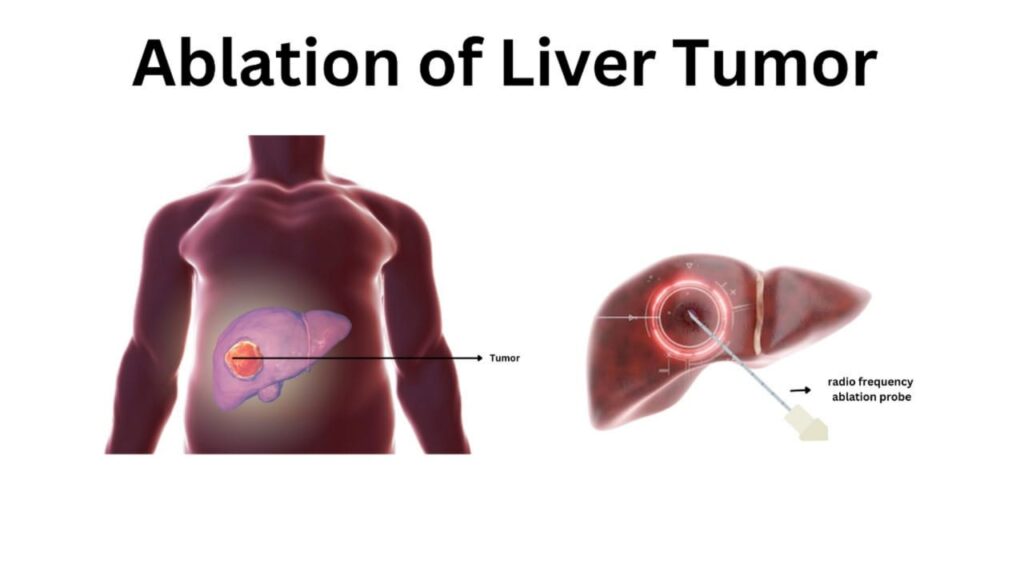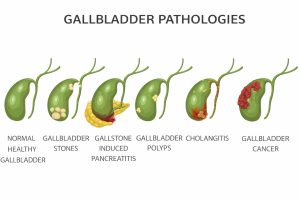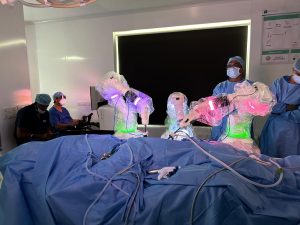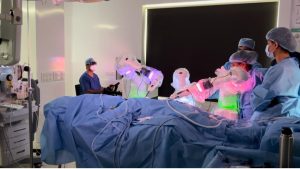Liver tumors are a challenging problem in oncology. Surgery, chemotherapy, interventional radiology and radiation therapy are all modalities used to treat liver cancer. Interest in using minimally invasive methods, like ablation, to target liver tumors has increased recently.
Ablation is the destruction of tissue, including abnormal or diseased tissue, using methods like heat, cold, or chemicals. Ablation is used medically to treat various conditions, including tumors and abnormal electrical pathways in the heart.
Dr. Srikanth Gadiyaram, renowned gastro surgeon, recommends ablation for tumors that are around 3 cm. Embolization may be used for larger tumors measuring 3 to 5 cm or more. Ablation may not be suitable for tumors near blood vessels, diaphragm, or bile ducts.
TYPES OF ABLATION THERAPY
- RF ablation (RFA)
High-energy radio waves are used. The physician uses a thin needle to penetrate the tumor through the skin layer. High-frequency current is applied to the probe’s tip, heating and eradicating cancerous cells.
- MWA, or microwave ablation,
Employs electromagnetic waves to heat and eliminate tumors through the utilization of a probe.
- Cryoablation, also known as cryotherapy
Cryoablation freezes tumors using a metal probe. The probe is inserted into the tumor and exposed to cold gases, causing tumor freezing and cell death.
- Alcohol (ethanol) ablation
Most Common. Concentrated alcohol is directly injected into the tumor to cause cellular damage. Alcohol ablation may need multiple treatments in some cases.
INDICATIONS
- Early-stage Hepatocellular Carcinoma (HCC)
Dr. Srikanth Gadiyaram and his team at Shasra Hospital have widely adopted these treatment decisions, especially for hepatocellular carcinoma (HCC). Ablation can completely eradicate small tumors in the liver (<3 cm) without vascular invasion or spread, leading to long-term survival benefits.
- Hepatic metastases:- Ablation is a less invasive option for treating limited hepatic metastatic disease, particularly when tumors are small and localized to a few lesions in the liver.
- Bridge therapy:- Ablation therapy can bridge therapy for HCC patients awaiting liver transplantation. It controls tumor growth and prevents progression while awaiting a donor organ. Ablation improves transplant eligibility and outcomes in HCC patients by reducing tumor burden or maintaining tumor control during the waiting period.
- Palliative Therapy: For patients with unresectable liver tumors or those who can’t have curative treatment. It provides symptom relief and enhances overall quality of life.
- Multimodal therapy:- Ablation therapy can be combined with surgical resection, TACE, targeted therapy, or systemic chemotherapy. Integrating ablation with other treatments can improve tumor control, reduce disease progression, and enhance overall survival outcomes in certain patients.
CONTRAINDICATIONS
- Tumor Size and Location: Large tumors or those near vital structures can complicate ablation.
- Tumor characteristics, Aggressive histology, or multifocality may increase tumor recurrence after ablation therapy.
- Underlying liver disease, (Cirrhosis or Liver dysfunction) enhances liver regeneration after ablation, increasing the risk of complications such as liver failure. Consider alternative treatments based on the patient’s health and disease severity.
- People with coagulopathies or bleeding disorders may be more prone to bleeding during medical procedures.
To schedule an appointment or have any questions about the liver tumor ablation procedure, please contact us at 98801 05829.




